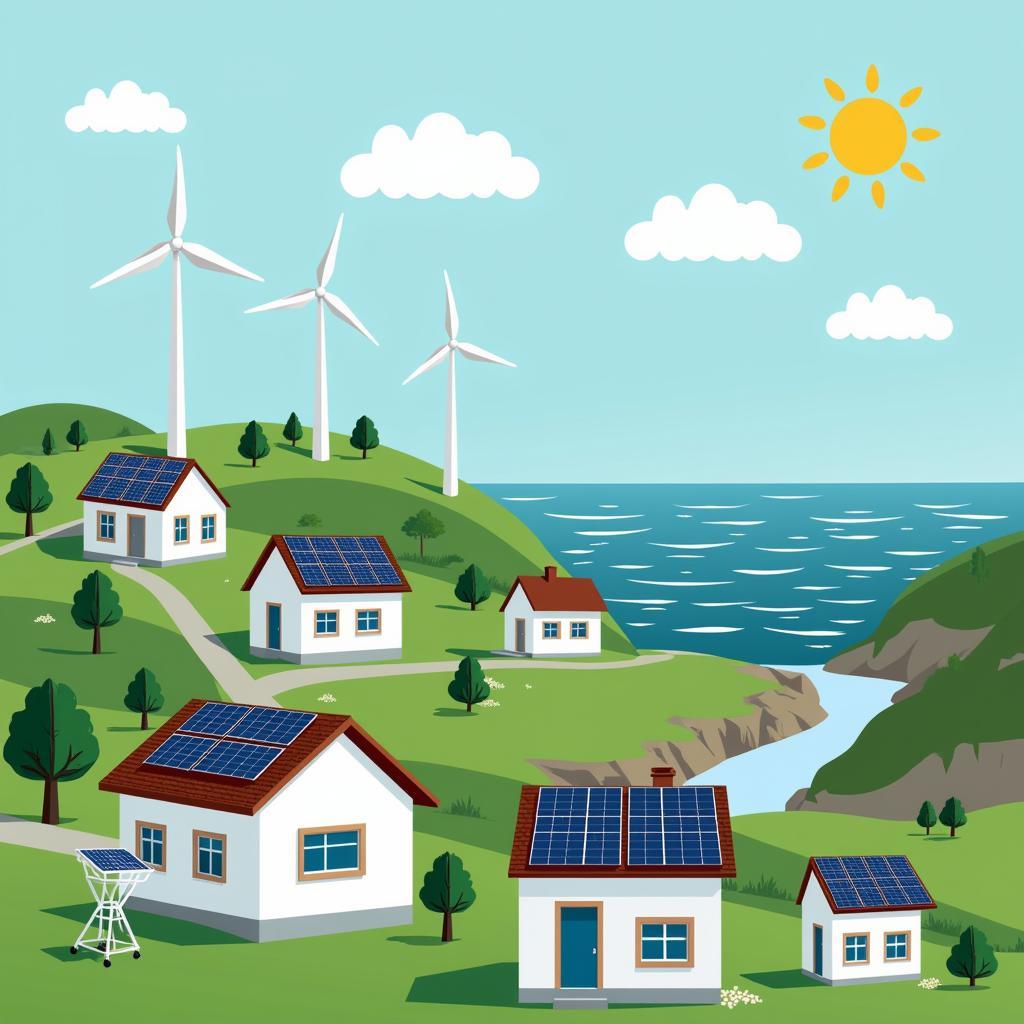Asean 50 Environmental concerns have become increasingly prominent as the region navigates its economic growth and development. The interconnectedness of environmental issues with social and economic stability within ASEAN underscores the need for proactive and collaborative strategies. This article delves into the key environmental challenges facing ASEAN as it approaches its 50th anniversary and beyond, while also exploring opportunities for sustainable solutions. It highlights the importance of regional cooperation and innovative approaches to ensure a healthy and prosperous future for the region.
After the first decade of ASEAN, more attention was paid to economic development, and environmental protection became a crucial issue. You can find more information about the history of ASEAN at why was asean founded.
Environmental Pressures on a Growing Region
Rapid urbanization, industrialization, and population growth have put immense pressure on ASEAN’s natural resources. Deforestation, air and water pollution, and biodiversity loss are among the most pressing environmental challenges. These interconnected issues threaten not only the ecological balance but also the health and well-being of the ASEAN community. Climate change exacerbates these challenges, leading to more frequent and intense extreme weather events like floods, droughts, and typhoons.
Addressing Deforestation and Biodiversity Loss
Protecting ASEAN’s rich biodiversity is essential for maintaining ecosystem services and resilience. Illegal logging, unsustainable agricultural practices, and land conversion for infrastructure development contribute significantly to deforestation and habitat loss. Collaborative efforts to combat illegal wildlife trade and promote sustainable forest management are crucial for preserving ASEAN’s natural heritage.
The Impact of Climate Change on ASEAN
Climate change presents a significant threat to ASEAN member states. Rising sea levels, changing rainfall patterns, and increased temperatures pose risks to coastal communities, agriculture, and water resources. The region’s vulnerability to extreme weather events underscores the urgency of implementing climate adaptation and mitigation strategies.
Investing in Renewable Energy and Sustainable Infrastructure
Transitioning to a low-carbon economy is vital for mitigating climate change and achieving sustainable development. Investing in renewable energy sources, such as solar, wind, and hydropower, can reduce reliance on fossil fuels and decrease greenhouse gas emissions. Furthermore, developing climate-resilient infrastructure and promoting sustainable urban planning are essential for building a more resilient future for ASEAN. Initiatives like the ASEAN Australia Smart Cities Initiative demonstrate the region’s commitment to these goals.
 Renewable Energy Solutions in ASEAN
Renewable Energy Solutions in ASEAN
Promoting Regional Cooperation and Environmental Governance
Addressing ASEAN 50 environmental challenges requires strong regional cooperation and effective governance. Harmonizing environmental policies, sharing best practices, and building capacity among member states are crucial for achieving collective progress. Engaging with international partners and leveraging global expertise can further enhance regional efforts. Platforms like the ASEAN AEC ASCC help facilitate this important work.
Strengthening Environmental Regulations and Enforcement
Enhancing environmental regulations and enforcement mechanisms is essential for ensuring compliance and promoting responsible environmental stewardship. Strengthening monitoring systems, implementing effective penalties for environmental violations, and promoting transparency and public participation in environmental decision-making are key elements of effective environmental governance. For businesses looking to understand the investment climate, the ASEAN Business and Investment Summit ABIS 2019 offers valuable insights.
Conclusion
As ASEAN approaches its 50th anniversary and beyond, addressing the region’s environmental challenges remains a critical priority. By promoting regional cooperation, investing in sustainable solutions, and strengthening environmental governance, ASEAN can ensure a healthy and prosperous future for all its citizens. The continued focus on ASEAN 50 environmental initiatives will be paramount in shaping a sustainable and resilient region for generations to come.
FAQ
- What are the major environmental challenges facing ASEAN?
- How is climate change impacting the ASEAN region?
- What are some strategies for promoting sustainable development in ASEAN?
- How can regional cooperation address environmental issues in ASEAN?
- What is the role of environmental governance in protecting ASEAN’s natural resources?
- How does deforestation contribute to environmental problems in ASEAN?
- What are the benefits of investing in renewable energy in ASEAN?
More information on construction in ASEAN can be found at the ASEAN 6 Construction Forum.
When you need support, please contact Phone Number: 0369020373, Email: aseanmediadirectory@gmail.com or visit us at: Ngoc Lien Village, Hiep Hoa, Bac Giang, Vietnam. We have a 24/7 customer service team.